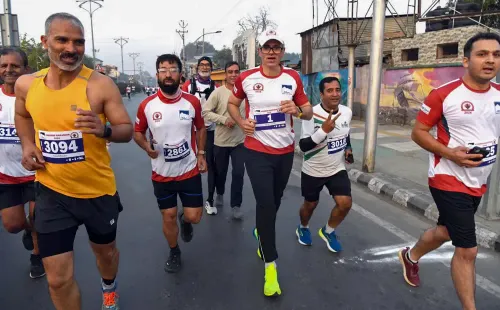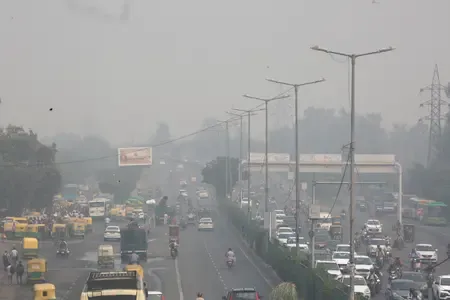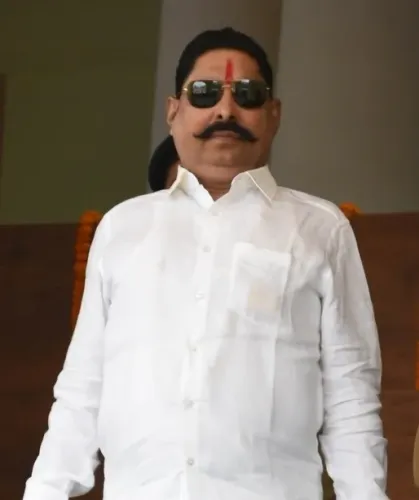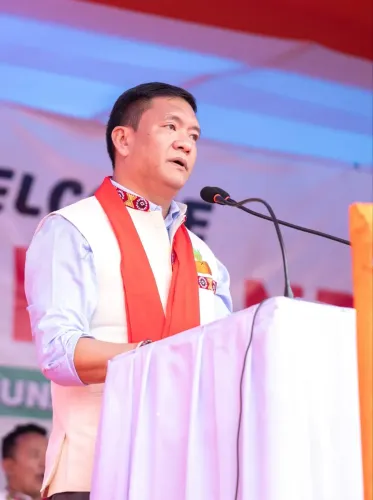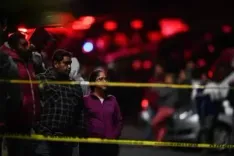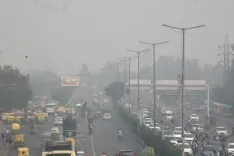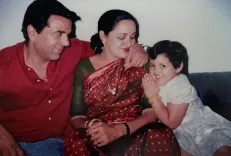Amit Shah Evaluates the Rollout of New Criminal Laws in J&K
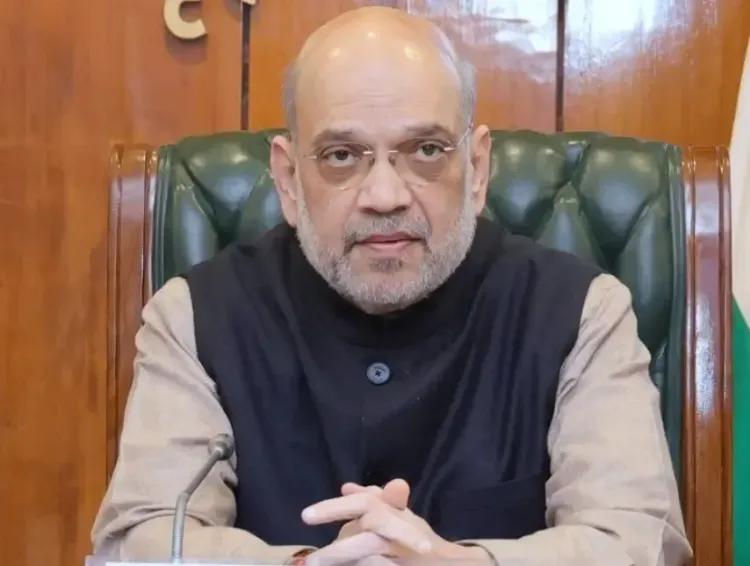
Synopsis
Key Takeaways
- HM Shah reviews three new criminal laws in J&K.
- Chief Minister points out areas needing attention.
- Focus on raising awareness about new laws.
- Commitment to speedy and transparent justice system.
- Emphasis on achieving high conviction rates.
New Delhi, Feb 18 (NationPress) Union Home Minister Amit Shah convened a review meeting on the execution of three new criminal laws in Jammu and Kashmir on Tuesday. Chief Minister Omar Abdullah, who was present at the meeting, later remarked that several weak areas were identified that require immediate focus.
CM Abdullah pointed out that in a Union Territory, the elected government is not directly responsible for enforcing laws, but it may contribute by raising awareness regarding the new legislation.
Prior to assessing the application of these new laws in Jammu and Kashmir, HM Shah had conducted a similar review concerning 11 states, noting that there was no conversation about the security situation in J&K during the meeting.
On February 14, HM Shah had also led a review meeting in Maharashtra regarding the implementation of three new criminal laws, urging the state to set up a model Directorate of Prosecution system aligned with the new laws.
In the presence of Chief Minister Devendra Fadnavis, HM Shah examined the execution and current status of various new provisions concerning police, prisons, courts, prosecution, and forensics within the state. Key officials from the Union Home Ministry, including the Union Home Secretary, the Chief Secretary, and the Director General of Police of Maharashtra, were in attendance.
HM Shah reiterated that the Narendra Modi government is dedicated to establishing a swift and transparent justice system for the citizens.
He emphasized that in order to bolster law and order, it is crucial for crimes to be reported without delay in filing FIRs.
HM Shah stressed that efforts must be made to achieve a conviction rate exceeding 90% in cases involving sentences of more than seven years, urging cooperation among police, government attorneys, and the judiciary to ensure that offenders are punished promptly.
The Home Minister highlighted the need for senior police officers to regularly oversee cases related to organised crime, terrorism, and mob lynching to prevent the misuse of related legal provisions.
He noted the importance of having a system for recording evidence via video conferencing in locations such as prisons, government hospitals, banks, and Forensic Science Laboratories (FSL). HM Shah proposed implementing a mechanism where FIRs can be transferred between two states through the Crime and Criminal Tracking Network and Systems (CCTNS) and recommended that Maharashtra adopt CCTNS 2.0 and ICJS 2.0.

